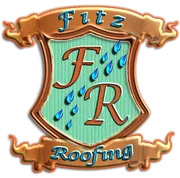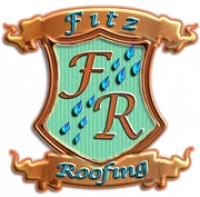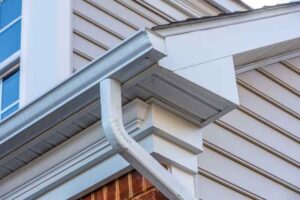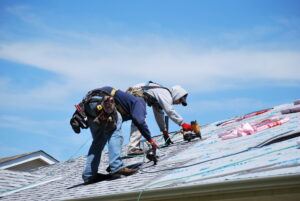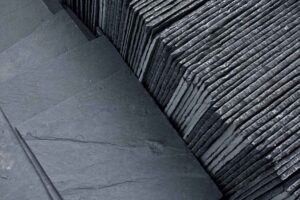
Gone are the days when metal roofing was solely associated with commercial buildings and industrial structures. Today, more and more homeowners have turned to metal as their preferred roofing material, captivated by its plethora of benefits that far exceed their expectations. Look at five remarkable advantages of metal roofing that unveil why it has become the go-to choice for modern construction projects.
1. Longevity and Durability
Metal roofs are exceptionally sturdy and long-lasting, with lifespans ranging from 25 to 50 years, dependent on the material. Metal roofs with higher quality can endure much longer, with zinc and copper roofs surviving over 100 years.
Furthermore, most prominent metal roof suppliers offer warranties that range from 20 to 50 years on their products. Metal roofs’ longer lifespan more than compensates for their greater initial cost, which makes them an excellent choice for a long-lasting roofing choice. Furthermore, metal roofs are simple to maintain and clean because they do not break, split, or corrode.
2. High Resistance Against Damage
Metal roofing is well-known for its fire resistance. Metal roofs are noncombustible and will not ignite from flying sparks or embers that land on the roof. Most metal roofs receive a Class A fire safety rating, which makes them among the best flame-resistant roof materials on the market. This form of roofing also gives additional protection in the unlikely scenario of a house fire.
Metal roofs are also incredibly resistant to the elements. They can endure severe rain, high winds, hailstorms, and other potentially hazardous weather conditions. The metal sheet’s surface is naturally hard and slippery, which makes it challenging for water to stick to the roof.
Metal roofs are also resilient against mildew, moss, and fungus. This is a significant benefit because fungal development reduces the lifespan of shingle roofs. Metal roofs also help keep rodents, bugs, raccoons, and other pests and wild animals out of your attic because they can’t penetrate the metal.
3. Energy Efficiency
Metal roofing’s reflective characteristics deflect the sun’s rays and limit the heat that reaches the property. In the summer, this keeps the house cooler, which minimizes the demand for air conditioning and saves utility expenditures.
Furthermore, you can improve the insulation value of metal roofing through foam insulation underneath the roof. This decreases energy waste further and keeps the home at a reasonable temperature all year. These qualities make metal roofing eligible for federal government tax credits and refunds if it fulfills EnergyStar regulations.
4. Sustainability
In addition to their durability and energy efficiency, metal roofs utilize reused components, which allows them to decrease the quantity of newly extracted resources needed. Furthermore, once the metal roofing has reached the end of its useful life, manufacturers and scrap dealers can assist in recycling the roofing so that it does not wind up in a landfill. Thus, metal roofing is an excellent choice for homeowners who want to lessen their environmental impact.
5. Fast and Easy Installation
Metal roofing components are available in single segments or panels that are simple to handle. This feature enables metal roofing to generate less strain on the load-bearing roof support systems.
Furthermore, metal roofing components are remarkably light, far lighter than options such as tiles. This lightweight design simplifies installation and saves money on the design and construction of the backbone structure.
Furthermore, roofers can fit metal roofing without minimal leak issues afterward on gently pitched roofs. They can also set up metal roofing over the top part of old asphalt shingles, which reduces the labor and haul-off costs of removing the old roof and limits debris and interruption to the exterior of your house during the installation.
